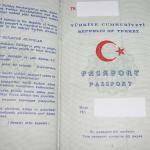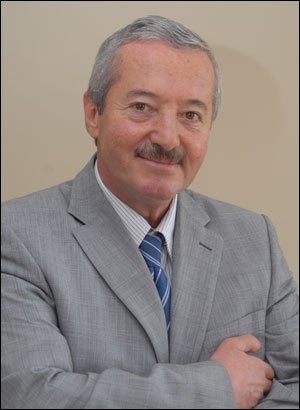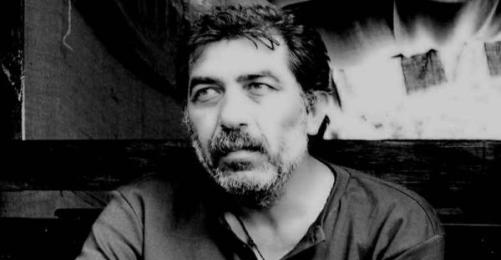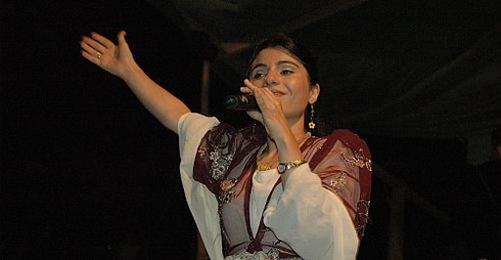“Solve Kurdish Question with Redefinition of Citizenship”
Former MP for the Turkish Workers’ Party (TİP) and Kurdish politician Tarık Ziya Ekinci has called on a redefinition of citizenship in the constitution in order to make progress in the Kurdish issue:
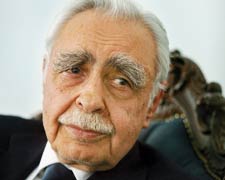 "State is being protected from the individual"
"State is being protected from the individual"
“A democratic solution to the Kurdish issue requires Turkey to make fundamental changes in its regime. We are being governed with a mentality that protects the state from the individual. However, it is impossible to solve the Kurdish issue if we do not emphasise the rights and freedoms of individuals, and if we do not have a pluralist and participatory democracy that acknowledges the rule of law.”
It has been ten years since PKK leader Abdullah Öcalan was captured and brought to Turkey, and the anniversary was marked by clashes between demonstrators and police again. According to Ekinci, no meaningful steps towards peace have been taken in these last ten years.
Referring to the Kurdish-language channel which the state television corporation TRT opened at the beginning of this year, he said: “There is not even a legal basis for the recently opened TRT Şeş. The channel was opened following an administrative decision. If future management wants to close it down, they can. If we consider the ongoing military operations and battles in the (southeastern) region, then we cannot speak of progress.”
Constitutional change needed
Ekinci has called for a change in constitutional law. Referring to Article 68 of the Turkish constitution, he said:
“In the constitution it says that ‘everyone bound to the Turkish state through the bond of citizenship is a Turk’. According to official explanations, this sentence defines Turkish society and not an ethnic group. However, this si not true. The statements, practices and laws of the founders of Turkey show that this sentence refers to Turkish ethnicity. If this article is not changed, we cannot talk of a solution of the Kurdish issue.”
Ekinci also criticises Article 42 of the constitution, which says that only Turkish can be used as the language of instruction in schools, thus preventing the teaching of Kurdish children in their mother tongue.
Another obstacle, so Ekinci, is Article 127, which regulates local government.
“As long as there is no change which gives local governments more power, Kurds will not be given democratic autonomy.” (BÇ/EÜ/AG)





